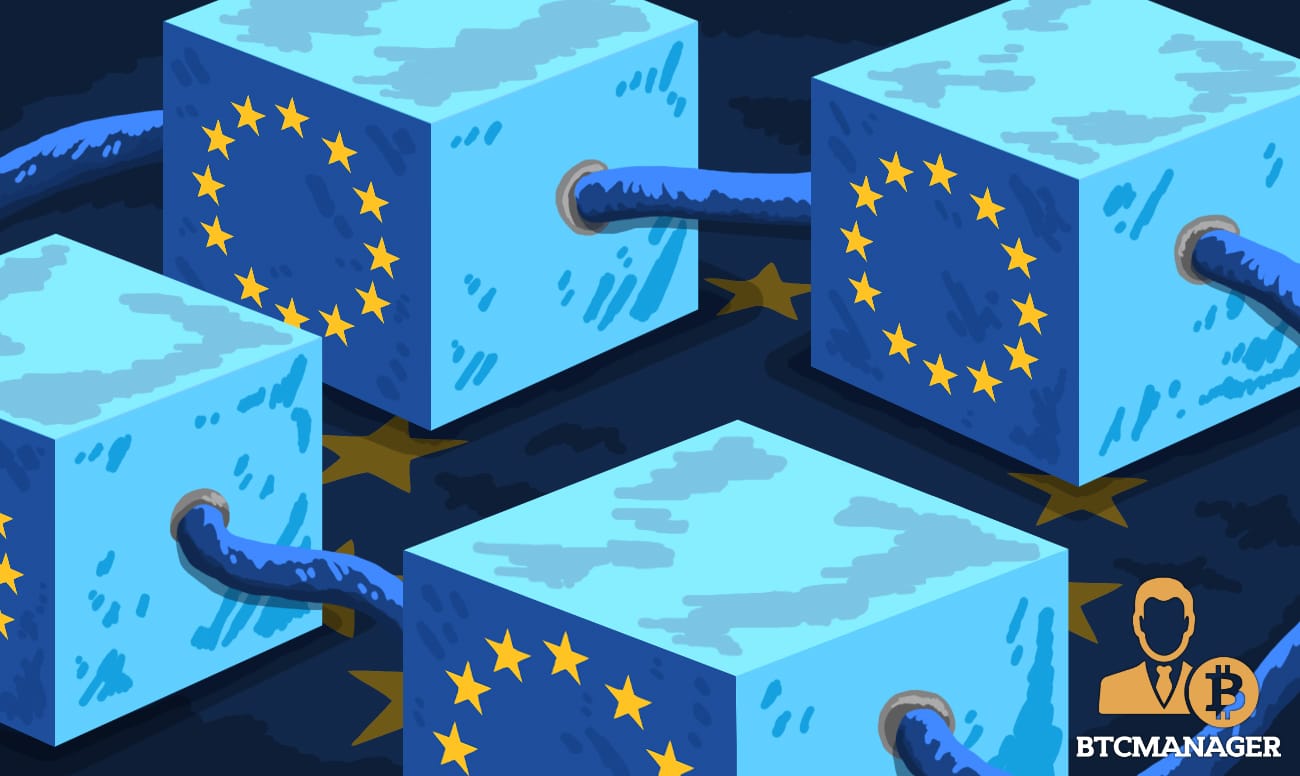Introducing Remote Fintech Licensing- Lithuania Strives to Beat its Own Record

Whenever a company brings something innovative to an industry, that company is likely to be successful given that the innovative something works well. As such, Lithuania plans to set creative Fintech standards that will hopefully be adopted across the globe.
Number one in the EU
As countries continuously try to become epicenters for Fintech and blockchain technology, what could show a country’s determination better than consistently setting the standard and the record for the fastest issuing system of both Payment Institution (PI) and e-money EMI licenses in the entire EU year after year?
At current, Lithuania is respectfully holding the title with ambitious goals of beating their record once again this year. The Baltic state differs from other countries as it only takes about three months to obtain PI and EMI licenses. These very same licenses may take over a year to process in other countries throughout the EU.
Brought to the Fintech world by the Bank of Lithuania, the industry will finally have a system in place which will allow companies to apply remotely for these highly coveted licenses. This regulatory technology tool called “Ragtech” will help facilitate both the process of submitting and managing applications for EMI and PI licenses. This one-click solution makes the Bank of Lithuania (already record holder for fastest license issuing) even more accessible to approach for Fintech innovators across the world.
According to a press release from the Bank of Lithuania, starting from July 2, 2018, “companies looking to access the 512-million strong EU market will be able to apply directly online for a variety of financial licenses valid across the SEPA area. These include e-money institution (EMI) and payments institution (PI) licenses.”
Lithuania becomes even more #fintech friendly as remote licensing is introduced.https://t.co/e7ltdL9z2p
— Swace (@swaceapp) July 3, 2018
Global Implications
Lithuania will benefit from both having one of the most supportive Fintech friendly regulators and the pure convenience of being able to set up their business remotely.
While many may quickly look straight to the money and be blinded from the real reason for this incentive, one mustn’t forget that it is also motivated by the desire to position Lithuania as a global Fintech hub. The country has been striving to build a community that is truly borderless, thus mimicking the industry they hope to stimulate.
In just the previous two years, the Bank of Lithuania has delivered on its promises by continuously establishing the fastest Fintech licensing system in the EU with a pioneering regulatory environment that fosters global innovation. It is likely that with the way blockchain technology and Fintech are sweeping the globe, we will see further innovative countries leading the way.














